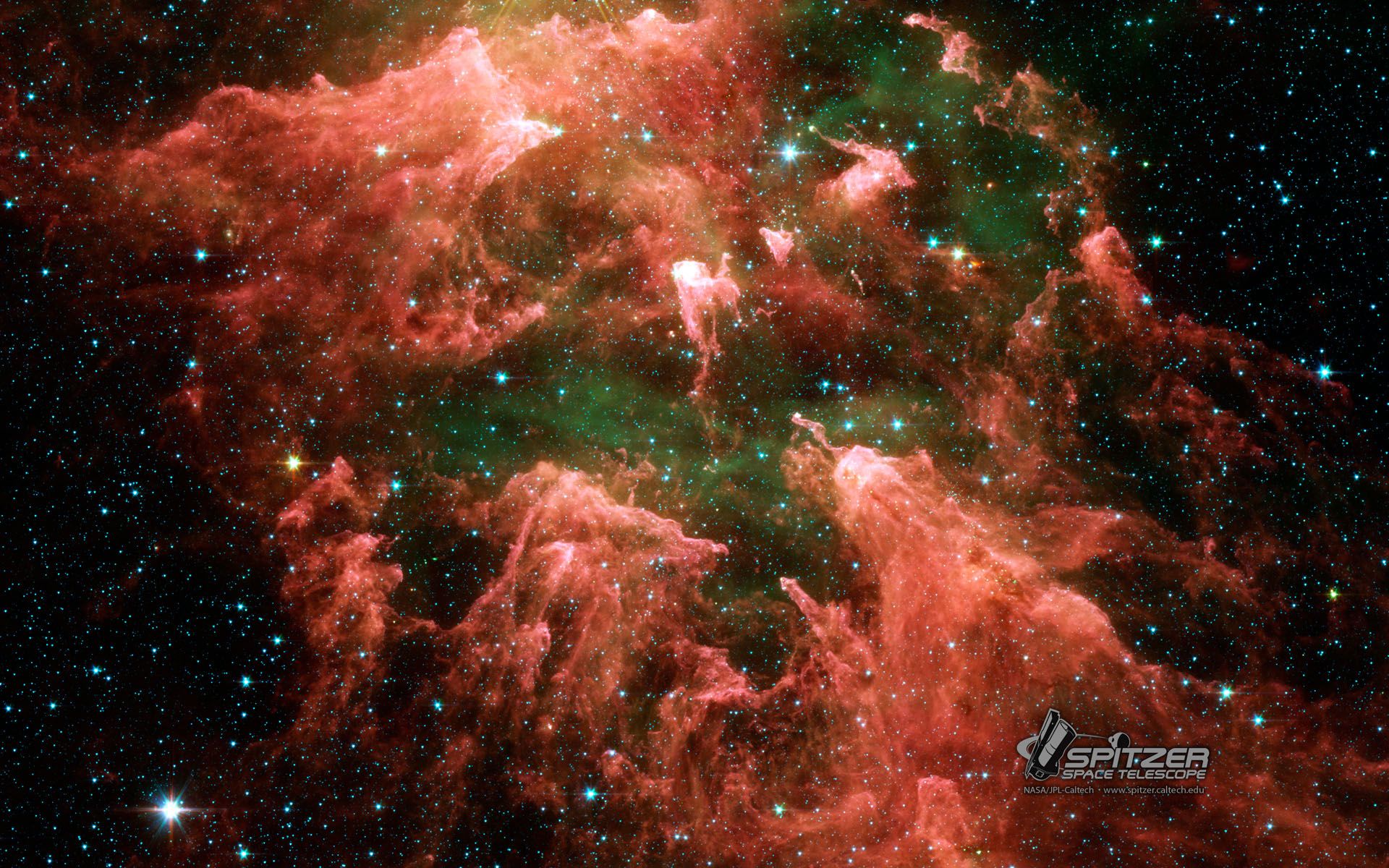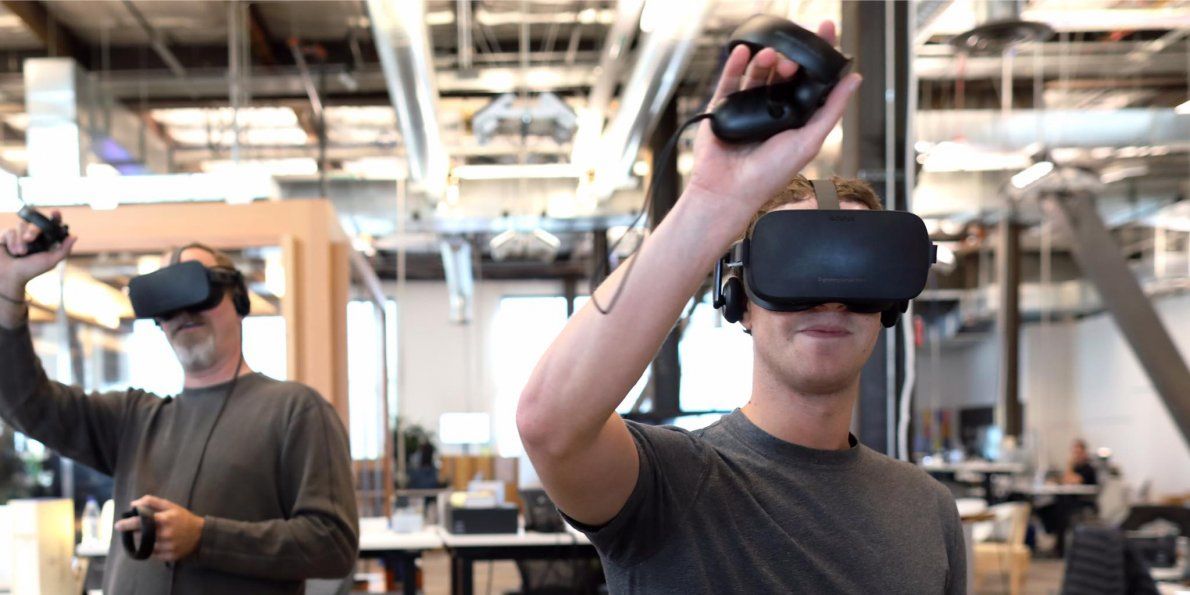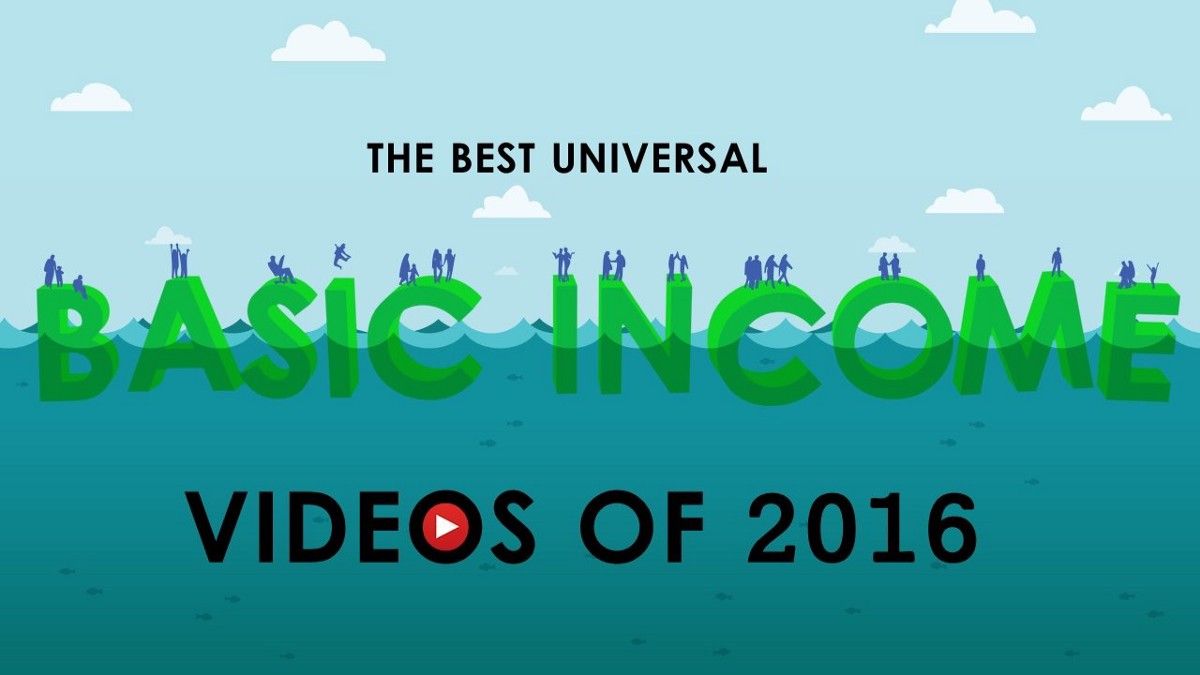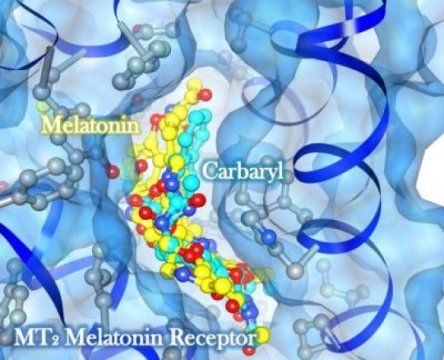Page 10289
Jan 20, 2017
Violations of energy conservation in the early universe may explain dark energy
Posted by Andreas Matt in categories: cosmology, quantum physics
(Phys.org)—Physicists have proposed that violations of energy conservation in the early universe, as predicted by certain modified theories of quantum mechanics and quantum gravity, may explain the cosmological constant problem, which is sometimes referred to as “the worst theoretical prediction in the history of physics.”
The physicists, Thibaut Josset and Alejandro Perez at the University of Aix-Marseille, France, and Daniel Sudarsky at the National Autonomous University of Mexico, have published a paper on their proposal in a recent issue Physical Review Letters.
“The main achievement of the work was the unexpected relation between two apparently very distinct issues, namely the accelerated expansion of the universe and microscopic physics,” Josset told Phys.org. “This offers a fresh look at the cosmological constant problem, which is still far from being solved.”
Continue reading “Violations of energy conservation in the early universe may explain dark energy” »
Jan 20, 2017
A new social experiment on Facebook reveals introverts open up more in VR
Posted by Shailesh Prasad in category: virtual reality
The outward perception of VR to the less initiated is that the headsets foster a very isolated or anti-social experience.
Unbeknownst to those same people, virtual reality headsets are opening up worlds of potential when it comes to engaging with our fellow humans.
Facebook IQ is the social network’s window into the people that power social media; one that marketers can peek into to get a better idea of what makes people tick. A recent entry on the People Insight portion of the website tackles VR and how it facilitates a social connection.
Jan 20, 2017
This Finnish guy gets a $600 per month ‘basic income’ for doing absolutely nothing
Posted by Shailesh Prasad in category: economics
A new experiment conducted by the Finnish economic agency Kela gives 2,000 unemployed Finns a monthly income. One man shares how he expects it to go.
Jan 20, 2017
Elon Musk: Moving Toward Universal Basic Income Due To Automation
Posted by Shailesh Prasad in categories: economics, Elon Musk, robotics/AI
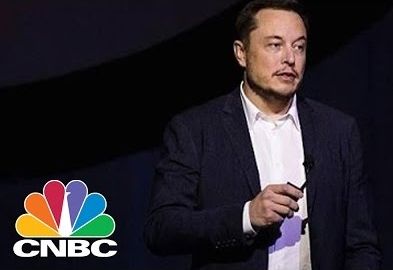
Tesla and SpaceX founder Elon Musk told CNBC on Friday that economies would most likely need a form of ‘universal basic income’ as more and more industries become automated.
» Subscribe to CNBC: http://cnb.cx/SubscribeCNBC
About CNBC: From ‘Wall Street’ to ‘Main Street’ to award winning original documentaries and Reality TV series, CNBC has you covered. Experience special sneak peeks of your favorite shows, exclusive video and more.
Continue reading “Elon Musk: Moving Toward Universal Basic Income Due To Automation” »
Jan 20, 2017
The Best Universal Basic Income Videos of 2016
Posted by Shailesh Prasad in categories: economics, geopolitics
2017 is already shaping up to be a big year for the concept of Universal Basic Income (UBI). The idea to build an unconditional income floor to cover the basic needs of each citizen has been gaining worldwide attention and traction. In just the first 10 days of 2017, Finland has already launched a trial, a nonprofit in India is preparing to launch their own, Scotland is seriously considering trials, and several South Korean presidential candidates are now calling for support for UBI.
But before we turn our focus to the latest happenings, I want to look back and highlight some of the best videos of 2016 that explained and advocated for Universal Basic Income.
Jan 20, 2017
A New Device Could Make Memory Implants a Reality
Posted by Klaus Baldauf in categories: biological, health, mathematics, neuroscience
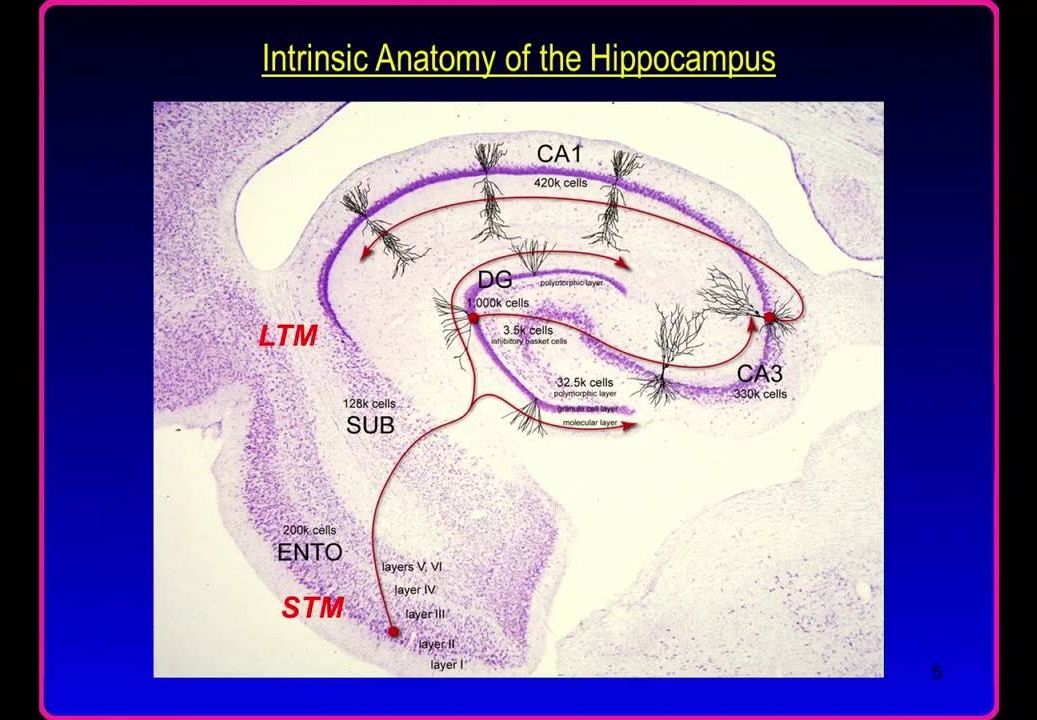
In Brief
- By mimicking the way neurons fire in the hippocampus during natural memory creation, a brain implant was used to successfully plant memories in the brains of rats.
- Though human implementation is far off, this breakthrough in cracking the hippocampus’ mathematical “memory code” has very important implications for health and research.
Memories are the faintest, most ethereal wisps of our neurophysiology — somehow, the firing of delicate synapses and the activation of neurons combine to produce the things we remember. The sum of our memories make us who we are; they are us, in every way, and without them we cease to be.
Continue reading “A New Device Could Make Memory Implants a Reality” »
Jan 20, 2017
Insecticides mimic melatonin, creating higher risk for diabetes
Posted by Karen Hurst in categories: biotech/medical, computing, health, information science
Synthetic chemicals commonly found in insecticides and garden products bind to the receptors that govern our biological clocks, University at Buffalo researchers have found. The research suggests that exposure to these insecticides adversely affects melatonin receptor signaling, creating a higher risk for metabolic diseases such as diabetes.
Published online on Dec. 27 in Chemical Research in Toxicology, the research combined a big data approach, using computer modeling on millions of chemicals, with standard wet-laboratory experiments. It was funded by a grant from the National Institute of Environmental Health Sciences, part of the National Institutes of Health.
Disruptions in human circadian rhythms are known to put people at higher risk for diabetes and other metabolic diseases but the mechanism involved is not well-understood.
Jan 20, 2017
Sensors Promise Spectral Analysis in the Palm of Your Hand
Posted by Karen Hurst in categories: electronics, food
Austria’s Ams has released a pair of tiny spectral sensors for on-the-go analysis of foods or pharmaceuticals.
Jan 20, 2017
The U.S. Air Force is beefing-up cyber security for the F-22 and F-35 jet fighter aircraft
Posted by Karen Hurst in categories: cybercrime/malcode, military
WASHINGTON – The U.S. Air Force is working closely with industry partners to strengthen cyber security for larger service platforms such as an F-22 or F-35 fighters. Business Insider reports.

